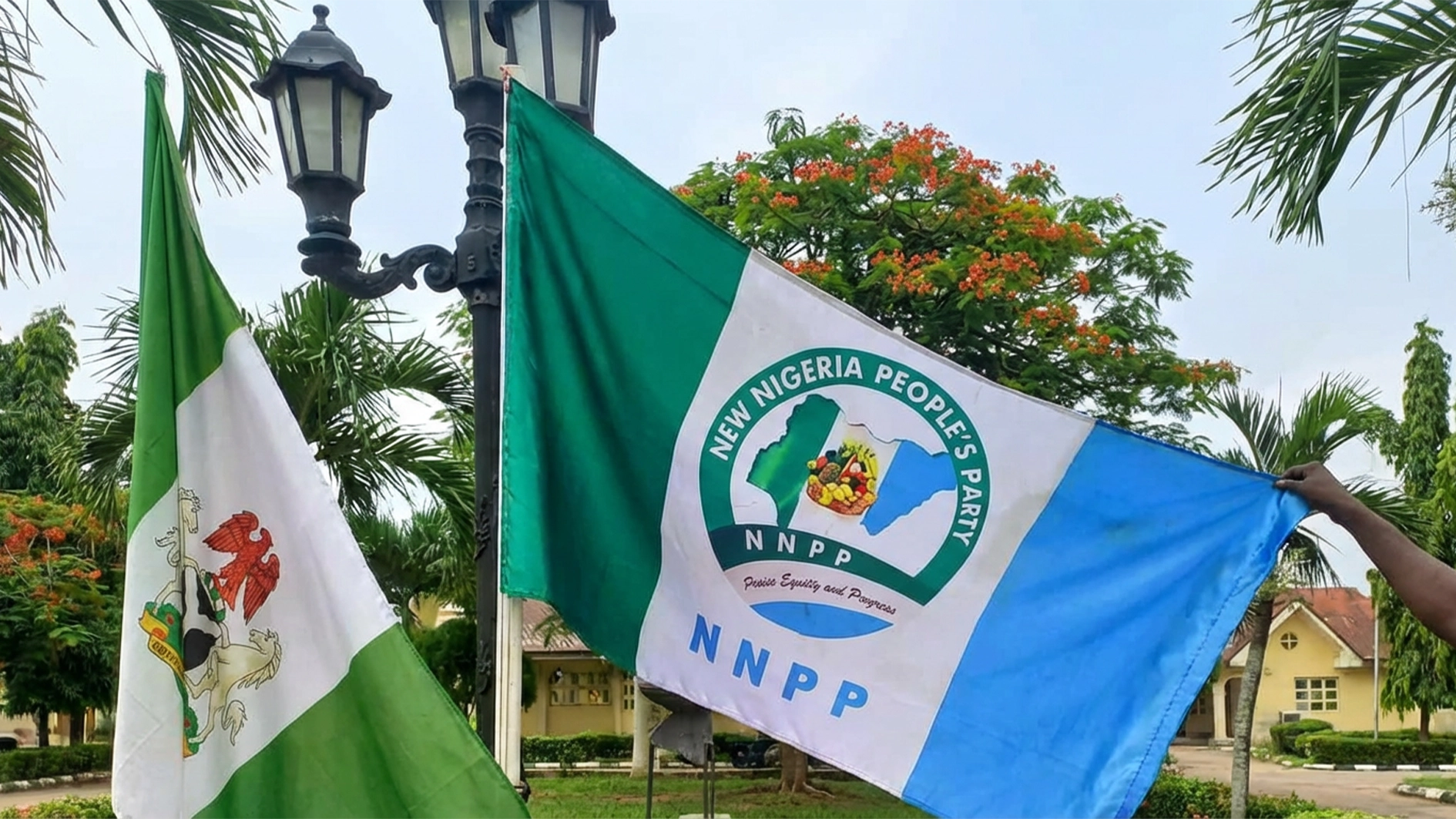The nominee for Chief of Army Staff (COAS), Major General Waidi Shaibu, on Tuesday assured the Senate of his readiness to transform Nigeria’s counterterrorism operations through improved technology, intelligence, and troop welfare.
Appearing before the Senate for screening, General Shaibu outlined his strategic priorities, vowing to consolidate on the gains of his predecessors and strengthen multi-agency coordination in combating insurgency and banditry across the country.
“The various adversarial threats that cut across the north-west and the north-east flanks of operations actually require a multi-faceted approach across all domains of operations,” he said.
He pledged to leverage technology to enhance the Army’s night operations and precision-strike capabilities, noting that insurgents often exploit darkness to launch attacks.
“Most of the attacks in the north-east have been within the wee hours of the night,” the COAS nominee observed. “We are going to improve our night-fighting capability to counter those strikes.”
Shaibu said the Nigerian Army will invest in training and expanding special forces units to improve “insertion and strike capabilities across all terrains—mountainous, forested, and desert regions—both day and night.”
He also stressed the need for synergy among security agencies, emphasising that “effective multi-domain and multi-agency operations” would be key to tackling evolving threats.
The Army chief-designate underscored the importance of morale and welfare in sustaining combat effectiveness.
“The moral component is an important aspect of fighting power, and the welfare of troops is a cardinal point in that issue,” he said.
Shaibu promised improved living and working conditions for soldiers, timely payment of benefits, and enhanced access to quality healthcare and education.
“We will enhance the living and working conditions of our troops, ensure financial support, and assure quality access to good healthcare and education,” he said, adding that “in the long term, we will enhance career development and provide requisite training to ensure that they embody the special skills of soldiering on all fronts.”
He also spoke of spiritual support, saying, “We’re going to see the churches doing the prayers; the church is going to be there,” as part of efforts to boost morale and unity among personnel.
On security concerns in the North-West, Shaibu referenced his personal assessment visits to the troubled Lekarwana area.
“I have been in that camp of operations to work on it,” he told the Senate. “I am fully aware of the Lekarwana Challenge, and I assure you that special forces instructions are going to deal with that challenge and bring that issue to the table.”
The COAS nominee also addressed the rehabilitation of repentant insurgents under Operation Safe Corridor, which he said is active in Gombe State.
“All modalities have been in place to ensure effective deradicalisation of those surrendered bandits,” he said. “We want to provide them skill acquisition to make them viable members of society and integrate them into their various communities.”
According to him, the process requires “a whole-of-society approach,” involving community leaders and local stakeholders to ensure sustainable peace.
General Shaibu assured senators of prudent management of military resources, saying effective monitoring mechanisms would ensure transparency and value for money.
“This is a model of effective monitoring of resources to ensure that we get the best out of our available resources,” he said.
He also hinted at efforts to improve public access to information about security operations, noting that “we have to bring the images to the outposts so that people can see the quality of the information in terms of security.”






